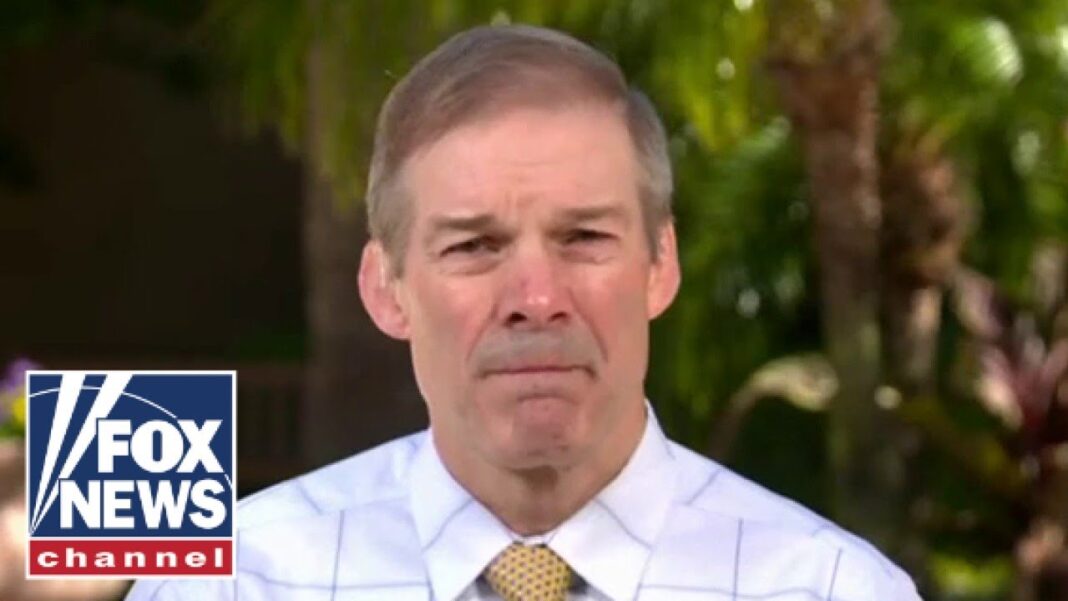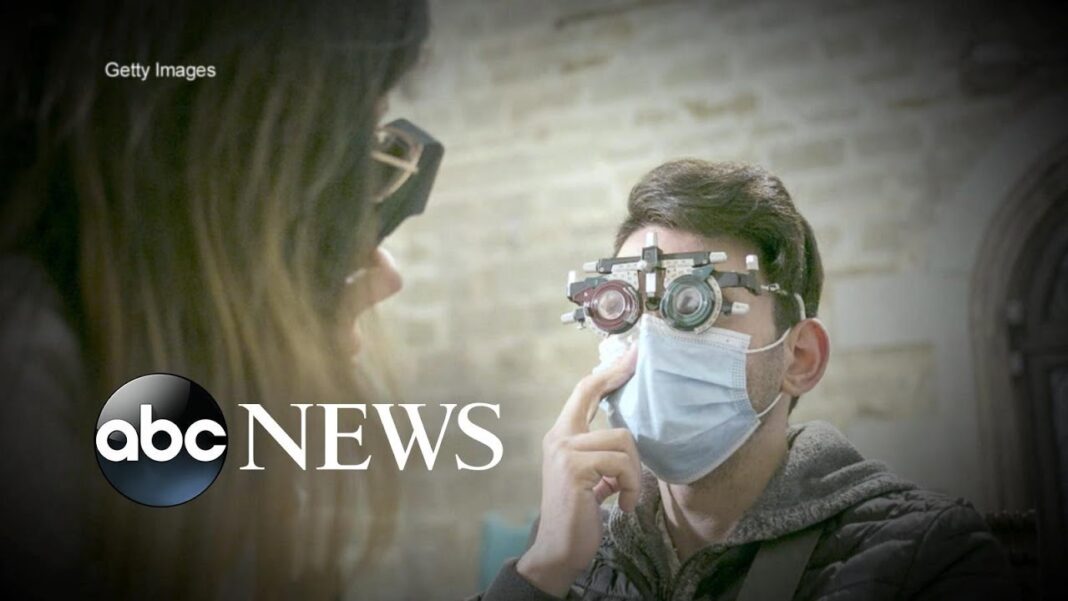Ordinary Americans can expect their wealth to get repeatedly chipped away as the monetary system degrades and requires progressively more intervention by authorities to perpetuate itself, according to an influential author and economist. It may take “a very long time,” however, for the system to actually break, he told The Epoch Times.
The recent downfall of two sizable American banks, Silicon Valley Bank (SVB) and First Republic Bank, rattled the financial markets. Investors are now looking to the Federal Reserve to provide relief and within months reverse its policy of raising interest rates. That’s after the central bank, together with the Treasury and the Federal Deposit Insurance Corporation (FDIC), already shored up the banking sector, offering special loans and guaranteeing uninsured deposits for the failed banks.
The failures, however, represent a symptom of a broader problem—one the central bank can’t fix, according to Daniel Lacalle, fund manager, economist, and prolific author.
“The problem here is the concept of ‘what can be done?’” he said, arguing central bank market interventions intended to smooth over market perturbations tend to simply redistribute the risk and losses—and at the added cost of making the system more fragile in the long run.
“Every time they try to solve a bubble with more liquidity injections, they create another bubble,” he said. “What you have to do first is not implement crazy monetary policies.”
He was referring to the policy of extremely low interest rates that the Fed maintained for most of the past decade.
Free Money
Lacalle alluded to the Austrian economic theory, which posits that central banks can’t set interest rates correctly. When the economy is not doing well, central banks set the rates artificially low in order to “stimulate” the economy. That allows companies to loosen fiscal discipline and makes credit available to projects that would be otherwise too risky to attract capital. When the economy “overheats”—the availability of credit outstrips the production capacity of the economy, resulting in inflation—the central bank raises rates, tightens credit, and the poorly performing risky projects go under. Because rate hikes take more than a year to fully manifest in the economy, central bankers tend to continue hiking for too long. Excessively high rates then cause the destruction of even viable businesses. Recession ensues. The central bank then tries to cushion the recession blow by dramatically cutting rates, thereby repeating the cycle.
By Petr Svab








